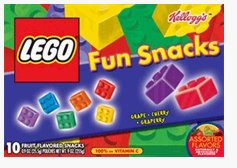 Every once in a while, you see an example of a campaign or product that demonstrates a little too clearly the negative side of marketing and makes you just a little embarassed about your career choice. If you spend any amount of time watching ads during cartoons on Saturday morning, you’ll pretty quickly see what I mean, since some of the ads targeting very young children are pretty evil. The show fast moving toys, rapid fire voiceovers and are so effective that after every ad break my four year old follows their instructions and comes to me to ask for everything from toxic-wasted coloured yoghurt bars to a new Batcave for his superhero action figures (translation = dollhouse for boys).
Every once in a while, you see an example of a campaign or product that demonstrates a little too clearly the negative side of marketing and makes you just a little embarassed about your career choice. If you spend any amount of time watching ads during cartoons on Saturday morning, you’ll pretty quickly see what I mean, since some of the ads targeting very young children are pretty evil. The show fast moving toys, rapid fire voiceovers and are so effective that after every ad break my four year old follows their instructions and comes to me to ask for everything from toxic-wasted coloured yoghurt bars to a new Batcave for his superhero action figures (translation = dollhouse for boys).
None are quite as evil as a product introduced last year by Kellogg’s in what several marketers without kids must have all thought was a great idea … fruit snacks that look like Lego blocks. The products were humorously ridiculed several months ago on a well-read blog called Penny Arcade:
I would love to know what sick bastard at Kellogs came up with this genius idea. I just spent the first three years of my sons life trying to get him not to eat blocks, and now you’re telling him they taste like f***ing strawberries. Thanks a lot a**holes. Seriously, how in the hell did this ever get past their legal department. You can’t tell me that this isn’t a lawsuit just waiting to happen. I can only assume that their next product is fruit flavored thumbtacks.
That post was later picked up by several prominent blogs including The Consumerist and the product is currently the subject of several active discussion boards discussing the relative merit/stupidity of a product like this. Apparently, none of this has affected Kellogg’s plans to continue marketing this product, as it was introduced back in 2007 and seems to still be on the shelves. As a marketer, it’s not easy to watch those Saturday morning ads or read about products like this. Marketing to the under-10 age group is not something that I’m usually asked to do … but as a parent I can’t help thinking this is a "target audience" that should perhaps be off-limits to marketing altogether. What do you think?







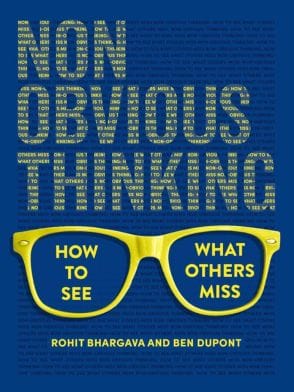




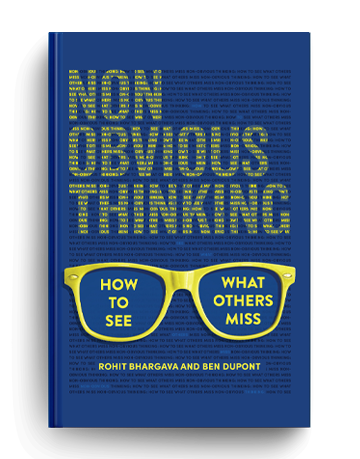
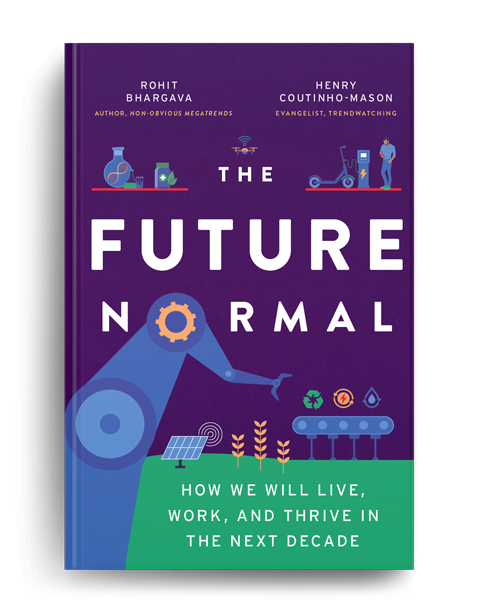

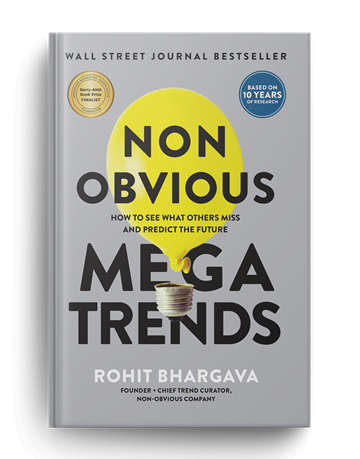
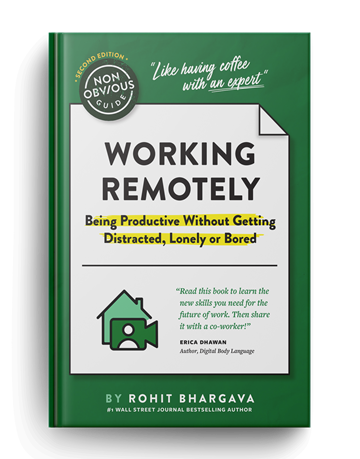
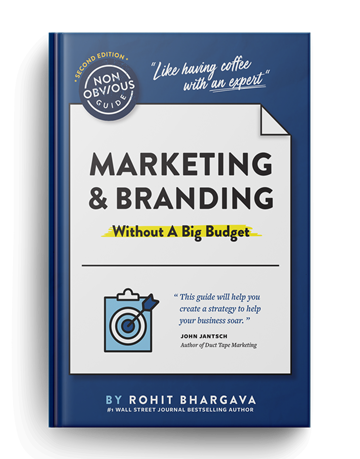
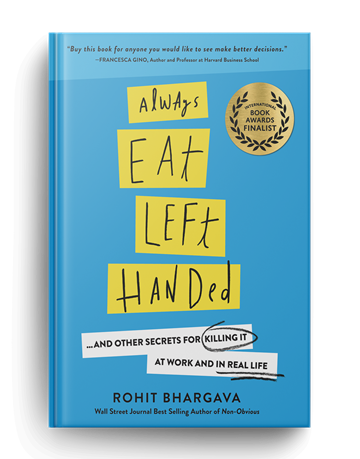
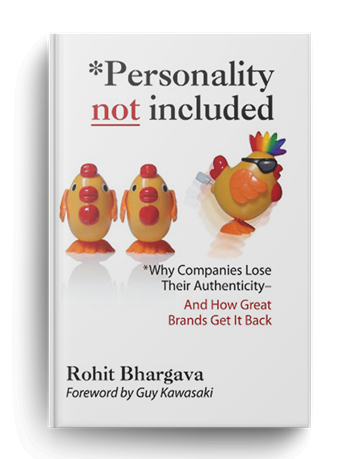
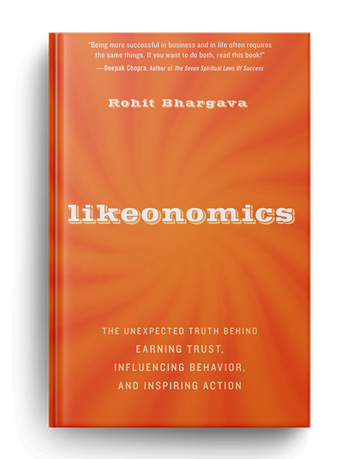


Nothing new. I’ve seen a few scary items in the checkout aisle. I recall too the “roadkill’ candy by Kraft, think. More recently we had the ‘ice breakers’: https://blogs.abcnews.com/theblotter/2007/12/cocaine-resembl.html
Marketers are always the targets. And they usually deserve it. But what about the people who invented dumb products? What about the people buying them? Marketers just don’t have any power on the product they’re working for (and that’s a good point not enabling it, they could cause to much trouble).
@Angelo – Unfortunately, you’re totally right. This product is hardly the only one to make this mistake.
@Romain – Great point. If life gives you lemons, you may be able to make lemonade – but if your product development team gives you crap, there’s nowhere to go but down. The only problem with this product is that I suspect the idea for it came from a marketing team, not anywhere else.
@Romain – True enough, but I’d say that this product seems like one that was “invented” by a marketing-team “need”. And I think if you walked through the idea-creation process for this, it might seem like it made sense: “Tie the shape and colors of our product with a fundamental need: eating and the sense of fullness.” But it’s certainly not responsible.
Yet more examples of this irresponsibility can be found in the pharma category. Not sure which sickens me more.
Wow, that seems like a really really bad idea.
Now that my twins are three, anytime we change the channel to a non-PBS show, I’m bombarded with, “Can you buy me that?” questions.
I have been appalled at some of the products. In fact, while this Kellogs Choke Teacher you mentioned is bad, I think the Bratz line of dolls is equally offensive and I have to spend a lot of time telling my 3 year old daughter that those girls are skanks. (I don’t use that word, but I’ve come close!)
I was similarly astounded by these candies, and even more unimpressed because of course they don’t snap together like real LEGO bricks
On the issue of marketing to children, if you are interested in people that work on this issue in particular, I am consistently impressed by the Campaign for a Commercial Free Childhood:
https://www.commercialfreechildhood.org/
I think advertising (all 360 of it) to those under 13 years of age should be moderated or vetted through some sort of review system. My boys are at that cusp now, and I tell you the decisions an 11 year old will make are not always the same decisions a 13 year old would. (With right of passage comes responsibility and all that..)
I remember them being quite credulous still at 10.
But seriously…
…who doesn’t want to nom on a castle made of fruit blocks?
BTW, Rohit – Let’s try and connect in the next week or two. A lot to catch up on.